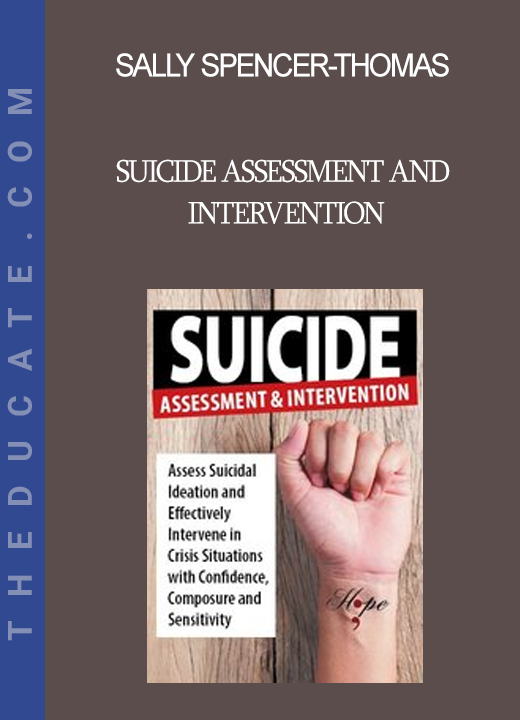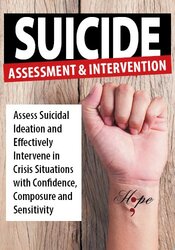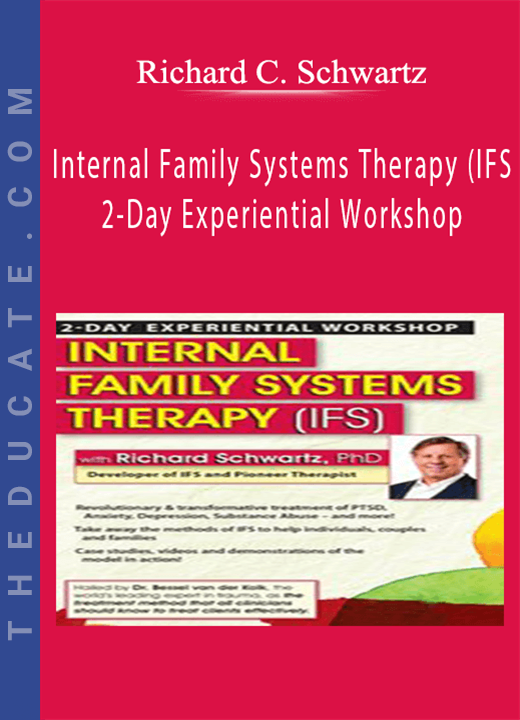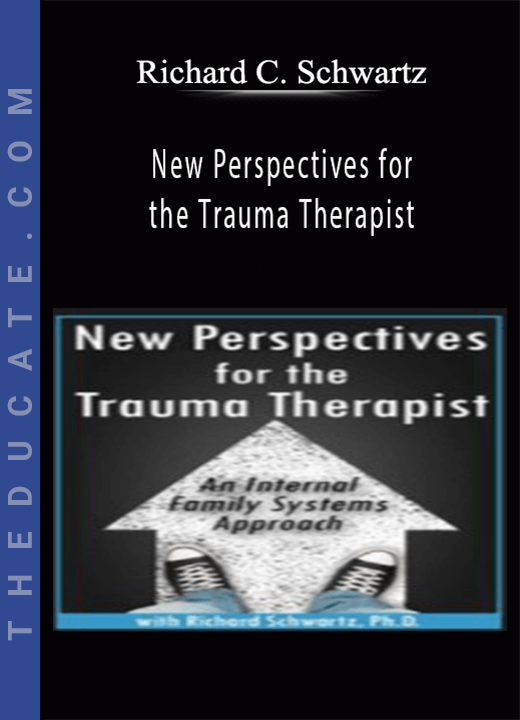Description
Sally Spencer-Thomas – Suicide Assessment and Intervention: Assess Suicidal Ideation and Effectively Intervene in Crisis Situations with Confidence, Composure and Sensitivity
- Faculty:
- Sally Spencer-Thomas
- Duration:
- 6 Hours 7 Minutes
- Format:
- Audio and Video
- Copyright:
- Jun 08, 2018
Description
Losing a client to suicide is your worst nightmare. And there inevitably comes a time when the suicidal client is more than just an intangible dread. When an actual person, suffering and sitting in your office reveals they are having suicidal thoughts, many clinicians are left feeling unprepared, frightened, and unsure what to do next. The weight of keeping someone alive can steer you in the direction of avoidance. Desperate and alone, suicidal clients can find themselves passed from one therapist to the next. And that’s not care.
Don’t let fear push you away.
This seminar will transform how you view and work with suicidal clients and give you the clinical tools you need to save lives.
Full of thought provoking lecture, engaging case studies, and guided instruction on a host of powerful clinical applications, this seminar will provide you with the tools you need to:
- Assess for suicidal risk and identify implicit and explicit expressions of suicidal thought.
- Formulate a game-plan for crisis when suicide is imminent.
- Intervene in suicidal despair with proactive approaches derived from the evidence-based efficacy of CBT and DBT.
- Effectively use targeted language with suicidal clients that will help you avoid stigma and successfully communicate your compassion.
- Provide innovative grief support resources that connect clients and clinicians with other survivors of suicide and suicide loss
Leave this seminar feeling confident and capable to work with suicidal clients and guide them out of the darkness and back into the light!
Handouts
| Seminar Manual (2.71 MB) | 56 Pages | Available after Purchase |
Outline
Suicide: Who, When, How and Where
- Addiction recovery
- Trauma-informed care
- Populations with multiple risk factors
- Suicide attempt survivors – learning from their experience
- Upstream clinical practices: reaching people before the point of crisis
Elicit Key Information from Suicidal Clients: Assessment and Level of Risk
- Implicit and explicit expressions of suicidal thoughts
- Communicating caring: Language to impart compassion and avoid stigma
- Suicide risk assessment
- SAFE-T
- PATH WARM
- Ideation, plan, means, intent
- Level of risk
Formulate Treatment Plans that Help Clients Regulate Emotions and Make Them Feel Valued and Connected
- Collaborative safety planning (or “Why Suicide Contracting is Dead”)
- Proactive approaches to decrease the likelihood of suicidal despair
- Multi-system approaches – support systems
- Evidence-based treatments:
- Cognitive Behavioral Therapy
- Cognitive restructuring strategies
- Emotional regulation exercises
- Behavioral Activation
- Dialectical Behavior Therapy
- How to organize a skills training group
- Tips for phone coaching
- Relapse prevention plans
- Reduce access to lethal means
- Working with specific populations: veterans, the elderly
- Cognitive Behavioral Therapy
Confidently Handle Crisis Situations
- Conduct a behavioral chain analysis
- Validating reasons for suicide
- Identify reasons for living
- Use distress tolerance and CBT skills to manage a crisis
- When and how to hospitalize
Suicide Grief Support and Innovative Suicide-Specific Care
- Implement Suicide Grief Support
- Understand the unique nature of suicide grief
- Peer-based support: Connect clients to other survivors of loss
- Access and Reclaim compassion
- Somatic resourcing
- Remembered resources
- Assess clients self-talk
ReInvest in a Life Worth Living: Rekindle the Desires of the Heart
- The PIE of life – brainstorm possibilities of growth
- Cultivate social connection and re-engagement
- Support and grief groups
- Toxic people
- Working with families impacted by loss
- Choice and perspective
- Foster gratitude and a spirit of contentment after loss
- Measurements of Post-Traumatic Growth
Please Note: PESI is not affiliated or associated with Marsha M. Linehan, PhD, ABPP, or her organizations.
Faculty

Sally Spencer-Thomas, Psy.D., MNM Related seminars and products: 3
Sally Spencer-Thomas, Psy.D., MNM, sees suicide prevention and mental health promotion from a host of perspectives. Clinical Psychologist. Mental Health Advocate. Faculty member. Researcher. And suicide loss survivor. She was moved to work in suicide prevention after her younger brother, Carson, a Denver entrepreneur, died of suicide after a difficult battle with bipolar condition.
Dr. Spencer-Thomas has been an invited speaker at the White House on the topics of mental health and suicide prevention and has held leadership positions for the National Action Alliance for Suicide Prevention, the International Association for Suicide Prevention, the American Association for Suicidology, and the National Suicide Prevention Lifeline.
She has won multiple awards for her leadership including the 2014 Survivor of the Year from the American Association of Suicidology, the 2014 Invisible Disabilities Association Impact Honors Award, the 2012 Alumni Master Scholar from the University of Denver, the 2015 Farbarow Award from the International Association for Suicide Prevention and the 2016 Career Achievement Alumni Award from the University of Denver’s Graduate School of Professional Psychology.
Dr. Spencer-Thomas has a Doctorate in clinical psychology from the University of Denver, a Masters in non-profit management from Regis University, and a bachelor’s in psychology and studio art with a minor in economics from Bowdoin College. She has written four books on mental health and violence prevention.
Speaker Disclosure:
Financial: Sally Spencer-Thomas is speaker, trainer and change agent for Sally Spencer-Thomas, LLC. She receives a speaking honorarium from PESI, Inc.
Non-financial: Sally Spencer-Thomas has no relevant non-financial relationship to disclose.







Reviews
There are no reviews yet.